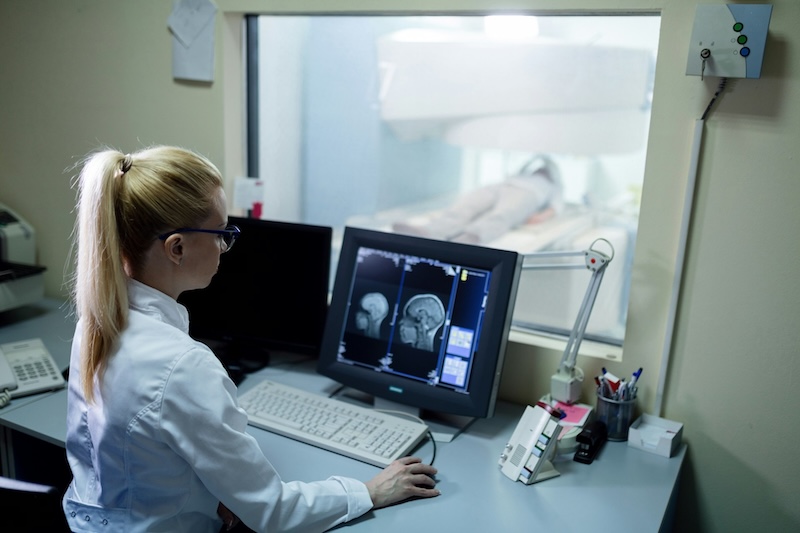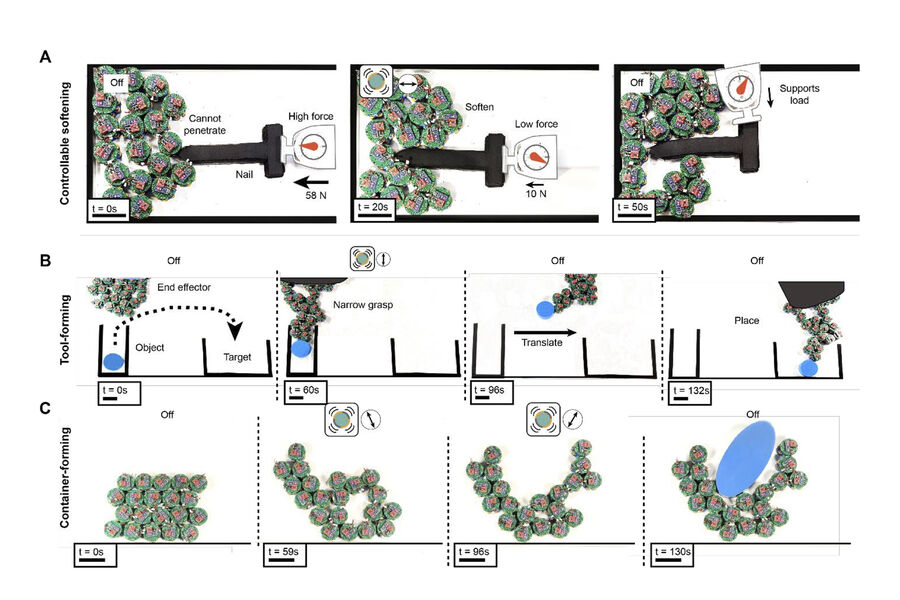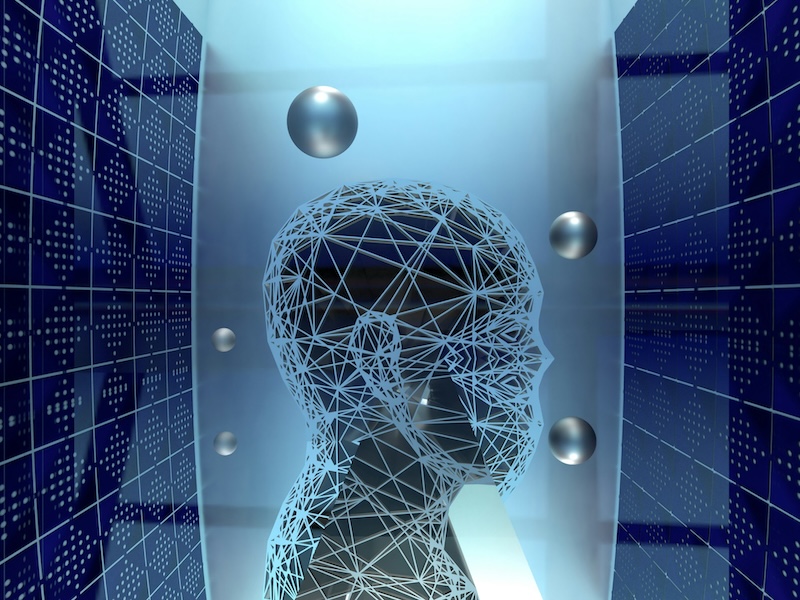A team of researchers from the Lamarr Institute and the University of Bonn has explored a new way to improve how nerve pathways in the brain are...
Vous n'êtes pas connecté
- English
- Français
- عربي
- Español
- Deutsch
- Português
- русский язык
- Català
- Italiano
- Nederlands, Vlaams
- Norsk
- فارسی
- বাংলা
- اردو
- Azərbaycan dili
- Bahasa Indonesia
- Հայերեն
- Ελληνικά
- Bosanski jezik
- українська мова
- Íslenska
- Türkmen, Түркмен
- Türkçe
- Shqip
- Eesti keel
- magyar
- Қазақ тілі
- Kalaallisut ; kalaallit oqaasii
- Lietuvių kalba
- Latviešu valoda
- македонски јазик
- Монгол
- Bahasa Melayu ; بهاس ملايو
- ဗမာစာ
- Slovenščina
- тоҷикӣ ; toğikī ; تاجیکی
- ไทย
- O'zbek ; Ўзбек ; أۇزبېك
- Tiếng Việt
- ភាសាខ្មែរ
- རྫོང་ཁ
- Soomaaliga ; af Soomaali
Rubriques :
 Maroc - TECHXPLORE.COM - Electronics & Semiconductors - 20/Feb 16:20
Maroc - TECHXPLORE.COM - Electronics & Semiconductors - 20/Feb 16:20
First two-way adaptive brain-computer interface enhances communication efficiency
A team of bioengineers at Tsinghua University, working with medical research colleagues from Tianjin University, both in China, have developed what they describe as the world's first two-way adaptive brain–computer interface (BCI). In their study published in the journal Nature Electronics, the group used a memristor-based adaptive neuromorphic decoder to build their BCI.
Articles similaires
3D-printed alloy conserves nickel while maintaining stainless steel strength
More than 70% of the world's supply of nickel is used to make stainless steel, a cost-effective, strong, corrosion resistant alloy widely used for...
A new way to check your relationship’s health
Just in time for Valentine’s Day, researchers at Stockholm University have developed a new way to measure relationship satisfaction. Their study,...
New nasal spray could slow down Alzheimer’s disease
Researchers at Texas A&M University College of Medicine have developed a new therapy that may slow the progression of Alzheimer’s disease by several...
Boost efficiency and expand possibilities with Toshiba’s advanced H-bridge drivers
Toshiba Electronics Europe GmbH (“Toshiba”) enhances motor control solutions by launching two single-channel H-bridge drivers…
Scientists created a material of many mini robes 22:20
American scientists from the University of California in Santa Barbara developed a robot system that could behave like materials with German...
Study shows ancient Egyptian mummies smell spicy and sweet
Ancient Egyptian mummies have a woody, spicy and sweet scent, a study led by researchers from the University of Ljubljana in cooperation with their...
New AI approach set to revolutionize ECG data interpretation in heart disease diagnosis
A team of researchers from Tsinghua University and Beijing Tsinghua Changgung Hospital has introduced a cutting-edge method to improve the...
New AI algorithm learns like the human brain
Scientists have developed a groundbreaking AI algorithm called Torque Clustering that allows machines to learn more like humans and animals—by...
Innovative brain tumor model offers hope for personalized cancer treatments
Scientists from the German Cancer Research Center (DKFZ) and ShanghaiTech University have developed an innovative method for growing brain tumors of...
Les derniers communiqués
-
Adobe Brings Conversational AI to Trillions of PDFs with the New AI Assistant in Reader and Acrobat
Adobe - 21/02/2024
-
Laura Frigenti takes the Helm as Chief Executive Officer of the Global Partnership for Education
Global Partnership for Education - 05/12/2022






